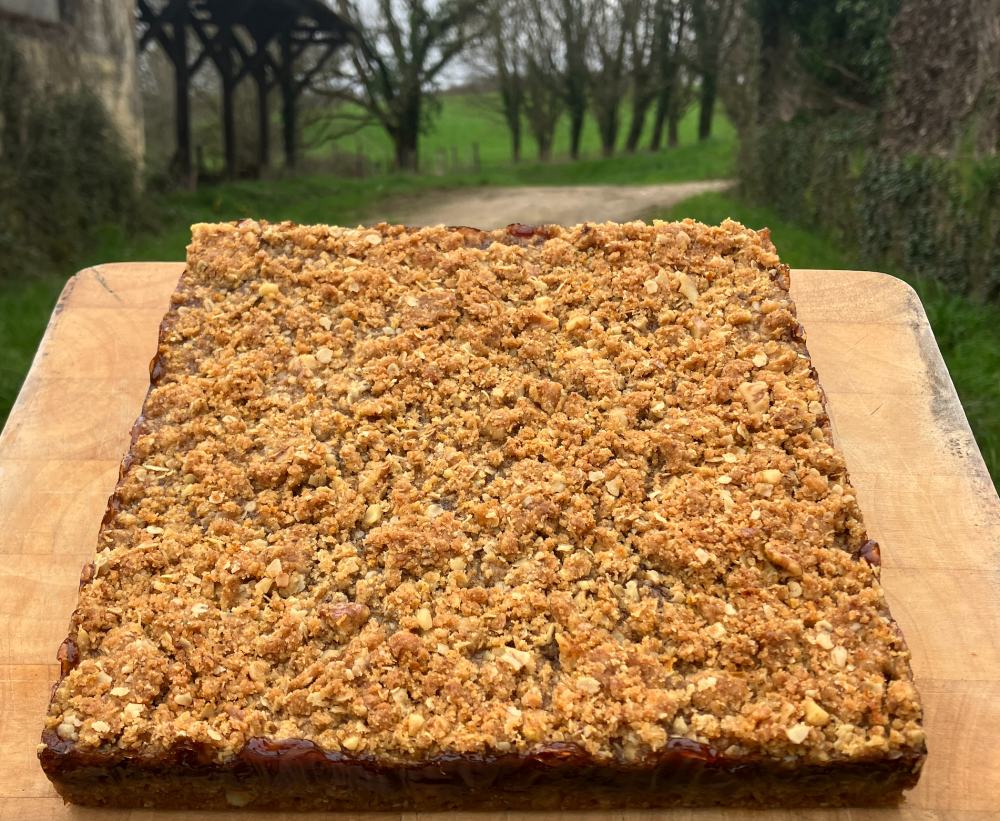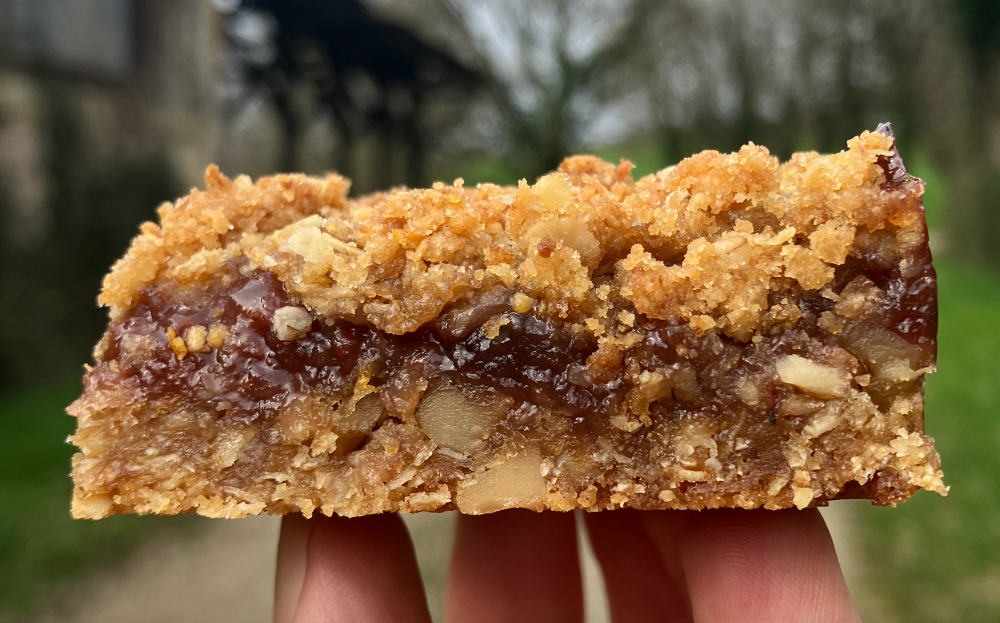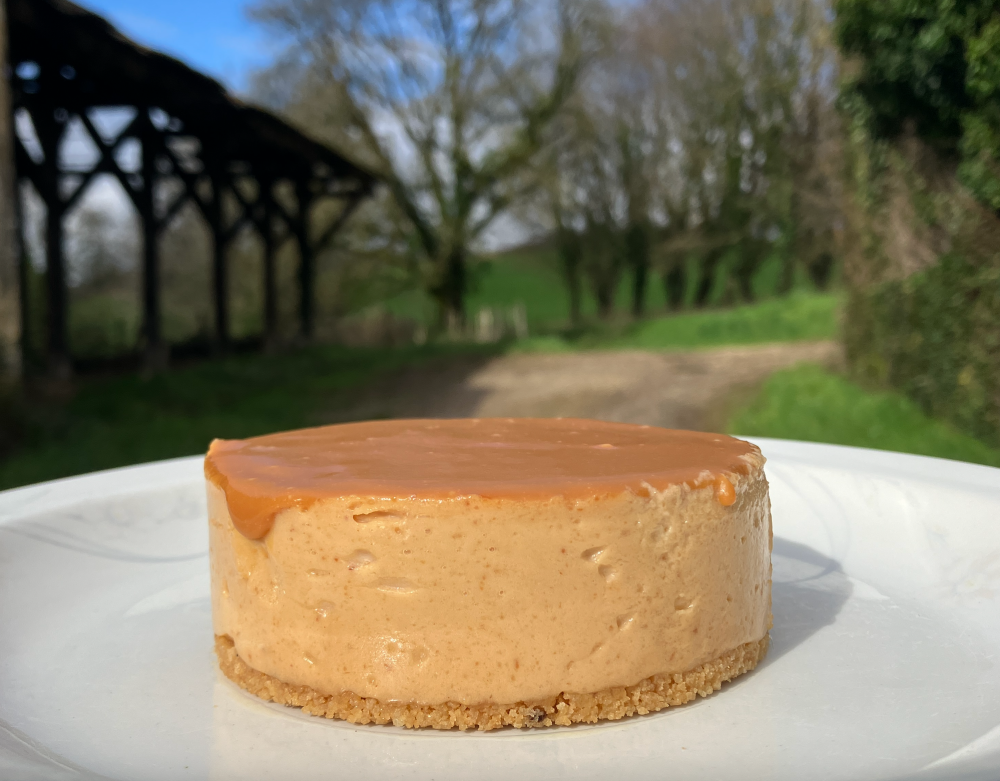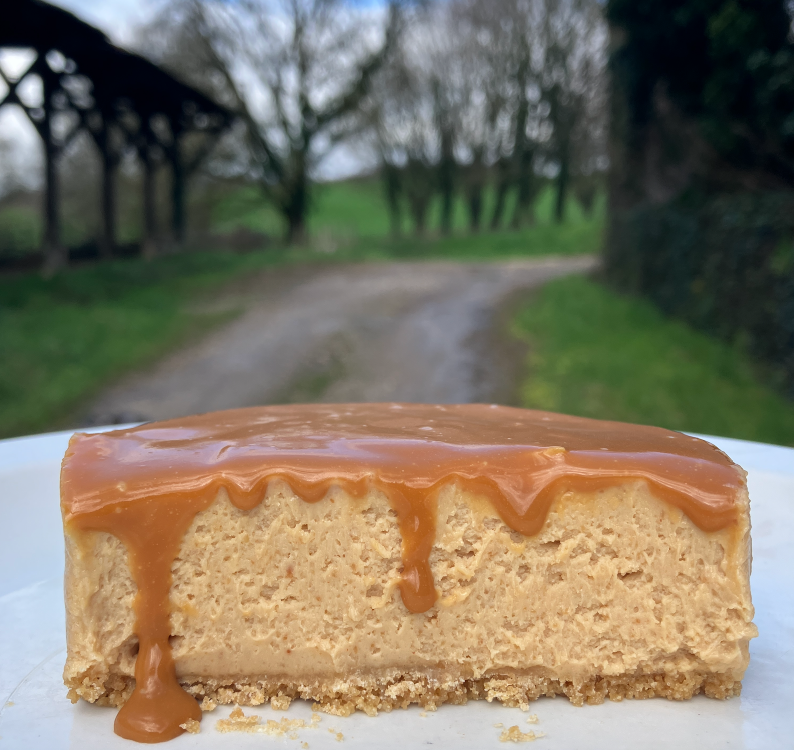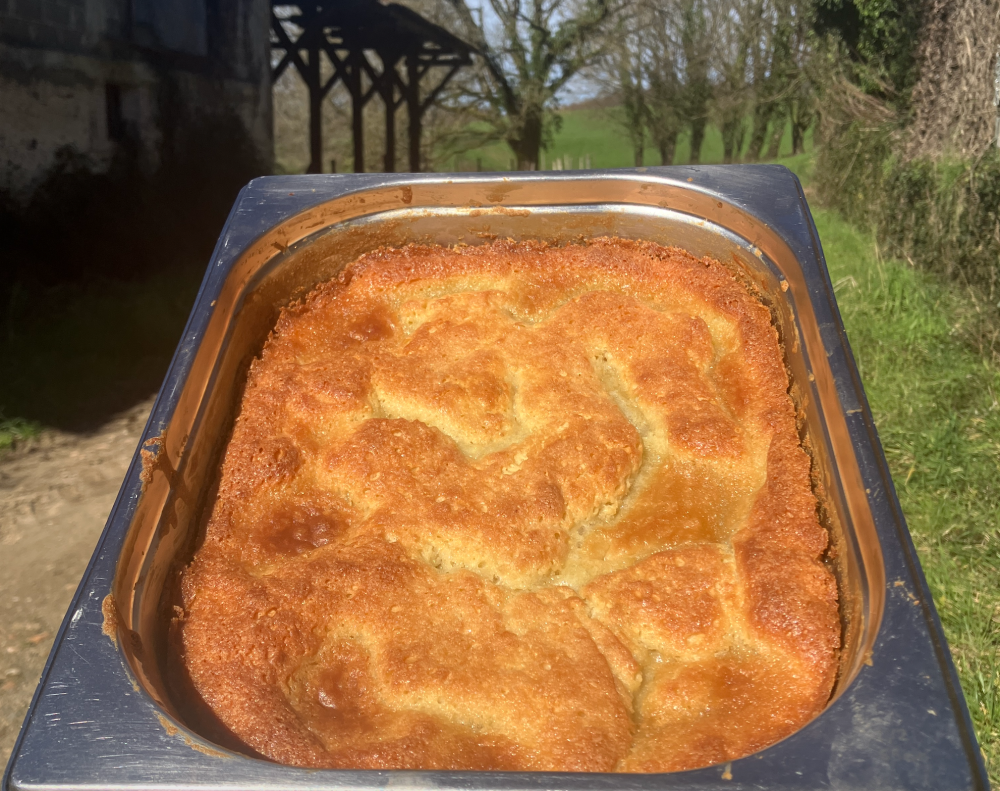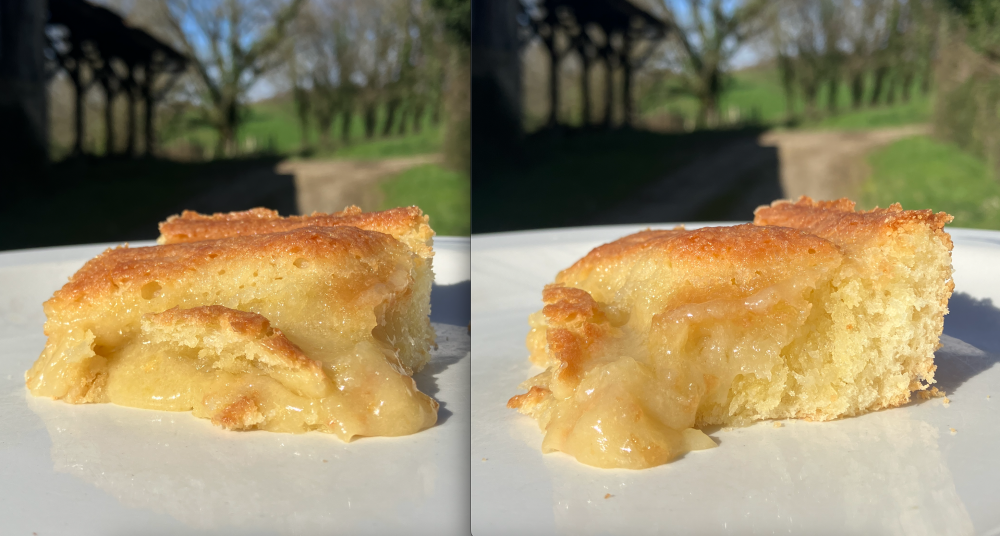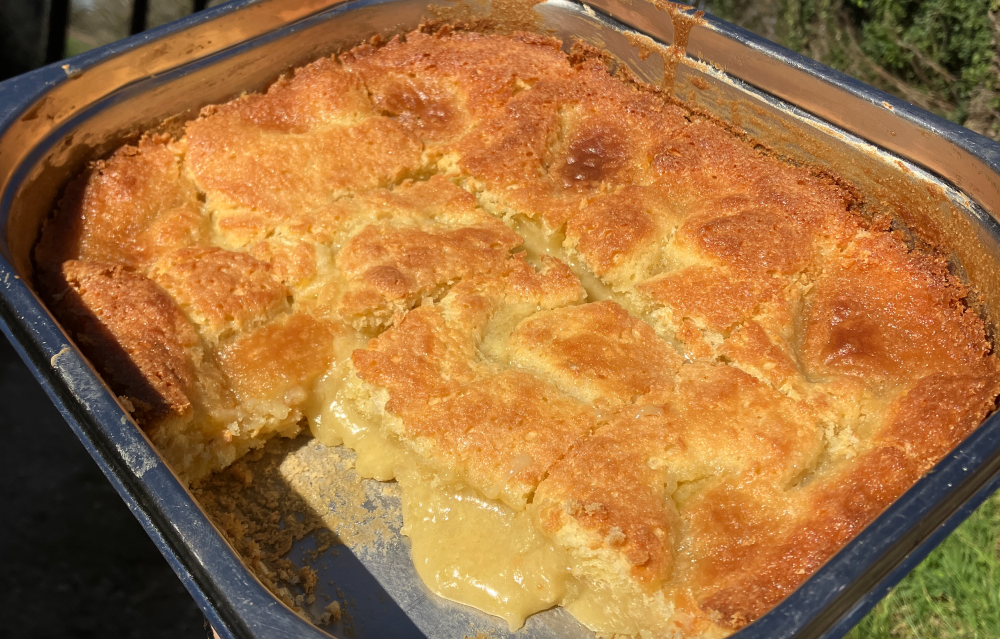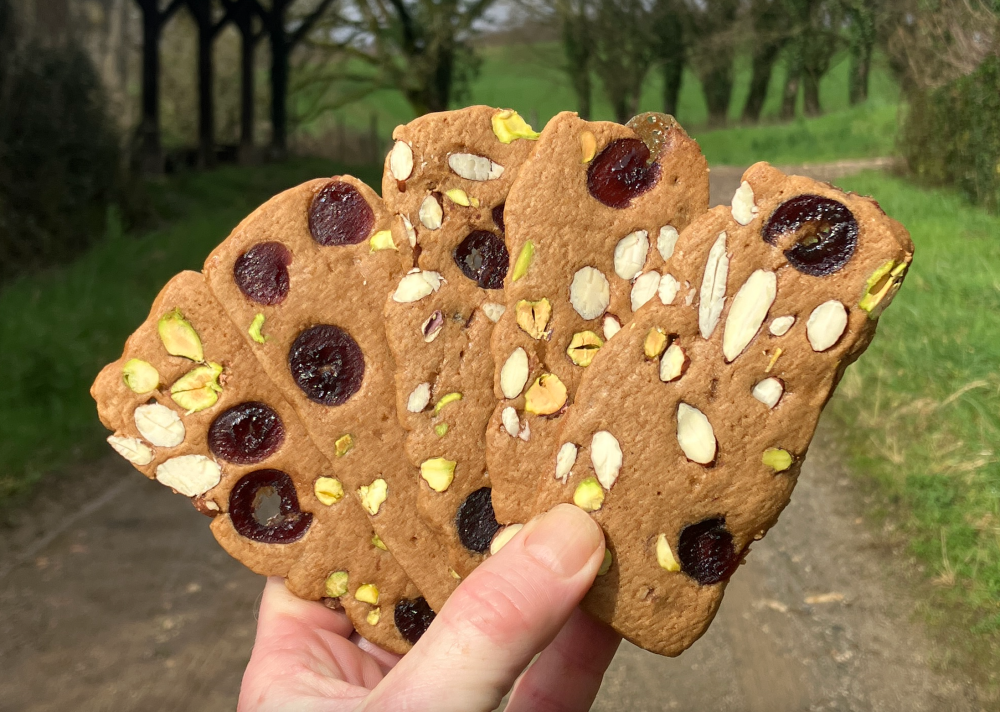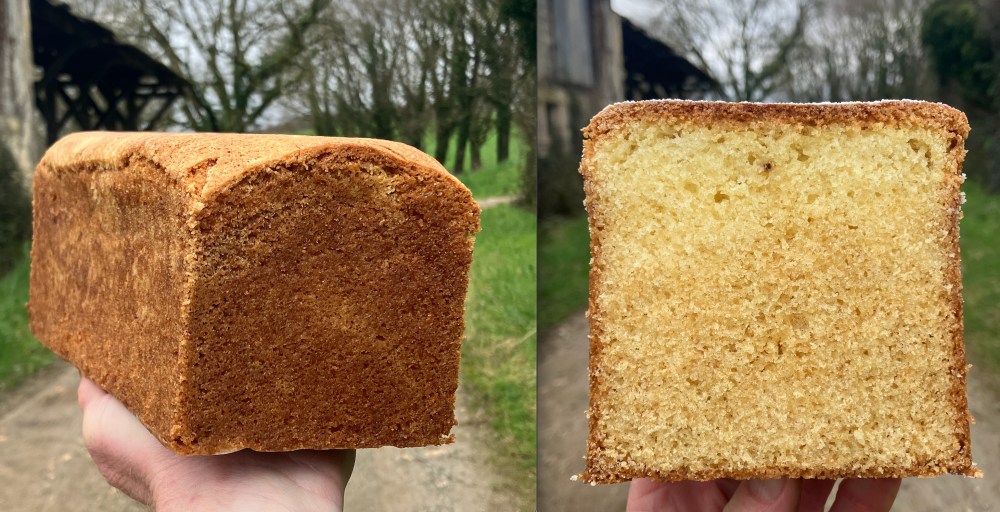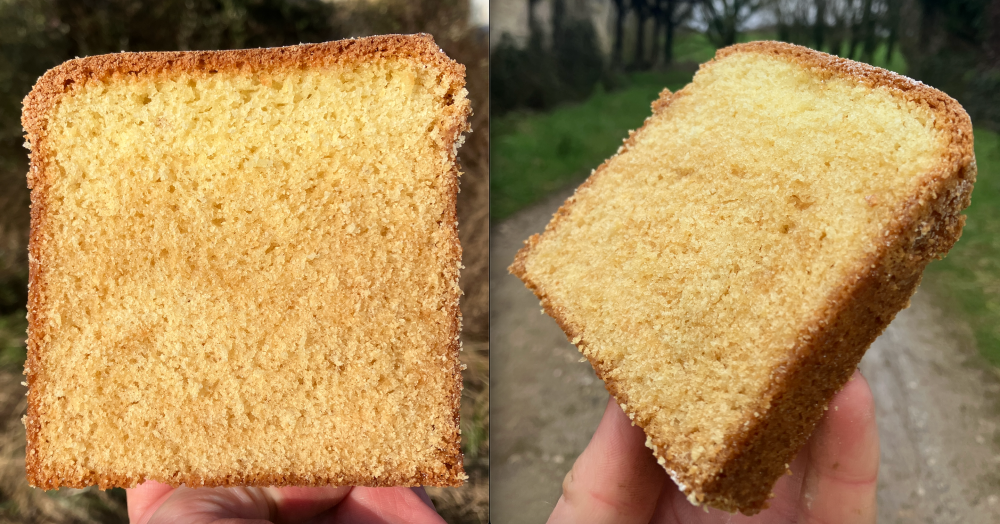
Pete Fred
participating member-
Posts
291 -
Joined
-
Last visited
Profile Information
-
Location
Dordogne, France
Recent Profile Visitors
The recent visitors block is disabled and is not being shown to other users.
-
Your Daily Sweets: What Are You Making and Baking? (2017 – )
Pete Fred replied to a topic in Pastry & Baking
It reminded me of Toscakaka or Drømmekage in Scandinavian baking. Works well. 👍 -
Your Daily Sweets: What Are You Making and Baking? (2017 – )
Pete Fred replied to a topic in Pastry & Baking
Anzac cake by Helen Goh... The cake has oats, golden syrup and coconut milk; the topping coconut. I liked it. Recipe here. -
It's quite common in French baking to apply a sirop de punchage/imbibage (punching/soaking syrup) to cakes, especially gâteaux de voyage (travel cakes, nothing fancy). It's a way of adding moisture and, often, extra flavour. I'm not sure exactly what the 'rules' are but these soaking syrups tend not to be your regular simple syrup ratio which might add too much extra sweetness. As a rule of thumb, these light syrups are 2:1 water to sugar. Bring to a boil, stirring to dissolve the sugar, and cook for 2-3 minutes. To flavour, replace some or all of the water with fruit juice, or add whole spices (e.g., vanilla, cinnamon stick, cardamom pods, star anise, cloves, etc), or citrus peel. Throw in a glug of booze off the heat if you like. Apply all over with only one hot element, i.e., cake OR syrup, not both. Try to avoid a heavy hand; it's more of a moistening than a drowning.
-
Your Daily Sweets: What Are You Making and Baking? (2017 – )
Pete Fred replied to a topic in Pastry & Baking
Chocolate cake... It's from a Clare Damon cake (hers has a gianduja topping and the whole thing is encased in a chocolate glaze). Being oil- and cream-based, it's very soft and moist. The chocolate element is cocoa powder, so it doesn't exactly scream chocolate, but it's chocolatey enough and I like the texture. One of these days I'll get around to doing the gianduja and glaze. -
Your Daily Sweets: What Are You Making and Baking? (2017 – )
Pete Fred replied to a topic in Pastry & Baking
Galaktoboureko (Greek custard pie)... The filling is a semolina custard (orange and vanilla) and has some texture to it, and the whole lot gets drowned in orange syrup. My recollection from the last time was that the best thing about it is the filling so I bumped up the quantity - hence the sizeable wedge. It was ok, but nothing memorable. The filo layers were disappointing. It made me think how much better portokalopita is, so I took the last few sheeets of filo and made some individual ones... Another random culinary adventure this weekend was attempting a soufflé omelette for the first time... Could've done with a couple more folds of the mixture, and cooking over induction made the task more difficult than it needed to be, but it made a nice change. -
Your Daily Sweets: What Are You Making and Baking? (2017 – )
Pete Fred replied to a topic in Pastry & Baking
When I lived in Lyon, I think I tried pretty much every patisserie and boulangerie within five miles of the centre. Some good stuff, plenty of average stuff, and quite a few clunkers. C'est la vie, I suppose. Amongst the more memorable things I ate was the Praluline at Maison Pralus*, which is a kind of laminated brioche with pink pralines. (You can watch them being made here and here.) The main shop is slap-bang in the middle of the old town, tourist-central, so I feared it might be hype over substance. But that turned out not to be so. They're good, especially if you luck-out and get one still warm from the oven, in which case they're transcendent. Anyway, this is all a preamble to say that when Lidl had pink pralines last week, I thought I'd have a crack at making one... I unfortunately overproofed it a little, so it lost its shape and spread somewhat, but that's easily remedied next time. One thing that's immediately apparent, and shouldn't really come as a surprise, is that Lidl pink pralines in no way compare favourably to the ones that Pralus make in-house (using Piedmont hazelnuts and Valencia almonds). I suppose you get what you pay for, and in this instance I'd say theirs are worth every penny. I only had enough pink pralines to make one Praluline, so with the extra brioche dough I made a chocolate/hazelnut/almond version using the same method... And the remaining off-cuts were repurposed into a couple of mini Tropeziennes (just with whipped cream rather than the traditional filling)... *There are shops in Paris and several other cities around France, should you be nearby. They're renowned chocolatiers, and I'd give another thumbs-up to the Barres Infernales, especially the milk chocolate one with Piedmont hazelnut praline. Diabolically good. -
Your Daily Sweets: What Are You Making and Baking? (2017 – )
Pete Fred replied to a topic in Pastry & Baking
Sabrina Ghayour's Carrot Cake from her book Persiana... Very moist with a delicate crust on top. It was ok, but unremarkable. The accompanying rosewater whipped cream livened things up... Recipe on YouTube (although it appears to be somewhat overbaked compared to the book). -
Your Daily Sweets: What Are You Making and Baking? (2017 – )
Pete Fred replied to a topic in Pastry & Baking
Another one from Snacking Bakes by Yossy Arefi. Date and Pistachio Coffee Bars... The picture in the book looks like they were made with light brown sugar but I used the dark brown called for in the recipe. They had a nice chew, and the flavour profile was coffee with a very dark, almost bitter, caramel note. The coffee and coconut combo is a new one on me; I couldn't taste coconut, but could tell there was something different to the coffeeness. I quite like unusual and somewhat challenging flavours like this. I'd be interested to try light brown sugar next time, just to see if the dark, bitter character is the point of difference. -
Your Daily Sweets: What Are You Making and Baking? (2017 – )
Pete Fred replied to a topic in Pastry & Baking
Biscoff bars from Snacking Bakes by Yossy Arefi... They were a little bit chewy with crumbly edges. The icing is a rum butter glaze. They were fine, but I won't be in a rush to make them again. Any speculoos cravings are better served by the plain cookies, I think. -
Your Daily Sweets: What Are You Making and Baking? (2017 – )
Pete Fred replied to a topic in Pastry & Baking
Fruit cake is not something I have much of a history with. This one caught my eye, being a little different (egg-free and using condensed milk)... I can't decide if it was nice and moist, or simply just wet and stodgy. The cake in the online recipe looks drier and more cakey, so I'm not sure what accounts for the difference. It was certainly fruit-packed (almost a pound and a half!) but I'm not sure you could distinguish the individual elements. For such relatively expensive ingredients, I'm unconvinced the game was worth the candle. But I'll probably happily pick away at it in the coming days. -
Your Daily Sweets: What Are You Making and Baking? (2017 – )
Pete Fred replied to a topic in Pastry & Baking
(Yet) another lemon polenta cake... It does get a good soak with lemon syrup, but the photo makes it look a little more sodden than it eats. With all the leftover egg whites from recent banana pudding adventures, I made marshmallows (Thomas Keller recipe). Vanilla... And chestnut (crème de marrons)... As you can see, the chestnut purée didn't add much colour-wise, just a hint of beige, and the flavour was quite subtle, but it was pleasant enough. I picked up Yossy Arefi's Snacking Bakes on Kindle for a buck-fifty and have bookmarked a few recipes. First up were the Raspberry Mazurkas (or Polish Wedding Cakes)... Apparently, Mazurka Bars were a thing in 90s Seattle. Yay! for Emerald City. I didn't have enough raspberry jam so bulked it out with fig jam. (Figsberry, anyone?) Anyway, they were good. Crumbly, jammy, and a little chewy. Recipe here. (Oh, and like any recipe published after 1976, it NEEDS MORE SALT! ) -
Your Daily Sweets: What Are You Making and Baking? (2017 – )
Pete Fred replied to a topic in Pastry & Baking
Another one from The Joy of Sax (Classic Home Desserts), the Peanut Butter Pie... It's really just a set cheesecake, and somewhat mousse-like. The book has a Graham cracker crust with sides and a chocolate ganache topping. I used some of the leftovers from the banana pudding instead: the crushed wafers for the base, and the salted butter caramel for the topping. Would've been nice with a scattering of chopped peanuts for crunch, and the filling would benefit from a pinch of salt. All together now... 🎵 Try, try some peanut butter pie 🎵 -
Your Daily Sweets: What Are You Making and Baking? (2017 – )
Pete Fred replied to a topic in Pastry & Baking
I did a little more tinkering with the recipes from the last week or so... Banana pudding: I used my regular pastry cream recipe (more yolks) for a richer custard; infused the milk with bananas; custard powder instead of cornflour (for a yellow hue); a saltier, darker caramel; and a dusting of fresh nutmeg. All successful upgrades, so job done. Nutty cherry wafers: managed to cut super-thin slices with a regular knife so they were easier on the teeth! Big hit with the neighbours. Whipped cream cake: folded in the cream a little more, and reduced the amount of batter for the tin. Still had the colour banding at the top, and the crumb might have been a touch tighter. Seeing as you'd probably never notice the colour thing unless it was pointed out, in future I'll under- rather than over-mix. It's a good cake. -
Your Daily Sweets: What Are You Making and Baking? (2017 – )
Pete Fred replied to a topic in Pastry & Baking
Continuing to browse Classic Home Desserts by Richard Sax, the St. Louis Gooey Butter Cake sounded like it might be on to something. Gooey. Butter. Cake. What more do you need to hear? After a little digging around it turned out to be one of those bakes that stirs up strong emotions in its devoted followers. As far as I could make out there are two broad types: bready base, buttery top; or (yellow) cake base, buttery cream cheese top. I figured the bready kind was more my kinda thing... Having no frame of reference for this particular regional delicacy I have absolutely no idea how it measures up. I followed almost identical recipes at the NYT and King Arthur, and both indicated pulling it while the centre was still liquid. I'm guessing the idea is you can choose your desired level of gooeyness: corner, edge, or middle... I can't say I was particularly enamoured. It was a bit one-note: mainly sweet, and not especially buttery. I preferred the breadier bits, so I guess that makes me a corner person. I'll have another nibble tomorrow and see if that makes a difference. -
Your Daily Sweets: What Are You Making and Baking? (2017 – )
Pete Fred replied to a topic in Pastry & Baking
Pick a card, any card... These are almond, pistachio and sour cherry wafers from Ottolenghi Sweet*. The dough is chilled then sliced thinly (2-3 mm or ⅛-inch) and baked. I expected it would be difficult to slice, given the nuts, but it was pretty straightforward with a sharp knife. However, despite having what seemed to be the indicated thickness, they baked-up a little tough. Only where an edge or a side was a lot thinner were they crisp and wafer-like. He says that at the bakery they use a meat slicer, so maybe that's where my issue lies. To avoid the toughness I underbaked them a touch, yielding a more gingerbread-like texture. They're handsome cookies, no doubt, but I'll wait until I get a Benriner before tackling them again. Flicking through Richard Sax's Classic Home Desserts, I alighted upon the Whipped Cream Pound Cake... I liked it a lot. The crumb was light and delicate, and you could definitely taste the cream. I made a whipped cream cake a few months ago from the King Arthur website, but that used a different method. This Sax version is better. The only issue I had was folding the cream into the eggs/flour. Looking at the slices you can see the top is a little paler than the bottom... ...and you can make out a swirl here and there, so the cream could've done with a few more folds to incorporate better. (The top of the cake is where the last of the batter was gathered together in the bowl, getting that extra blending). Having said that, I wouldn't want to risk knocking out any more volume and impacting the texture. It's really just a visual thing. *It's an excellent book. The Kindle version is currently discounted on Amazon - five bucks on the US site, but they're practically giving it away for 99p on the UK site.


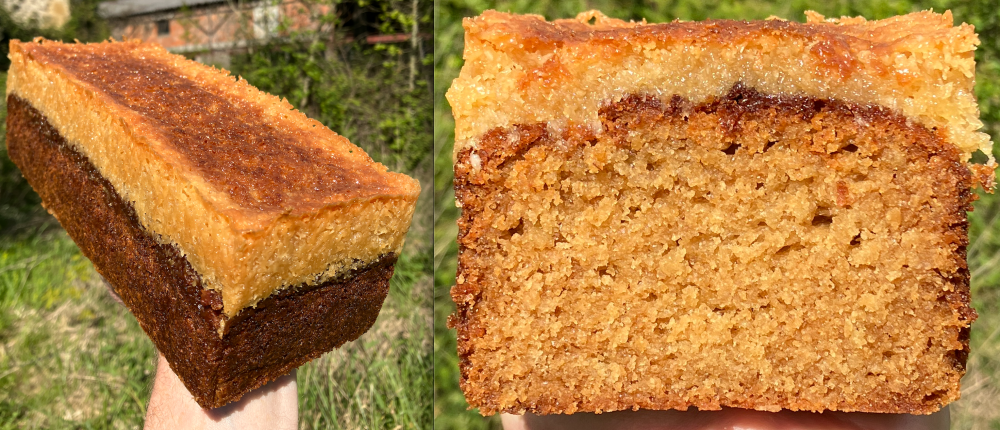
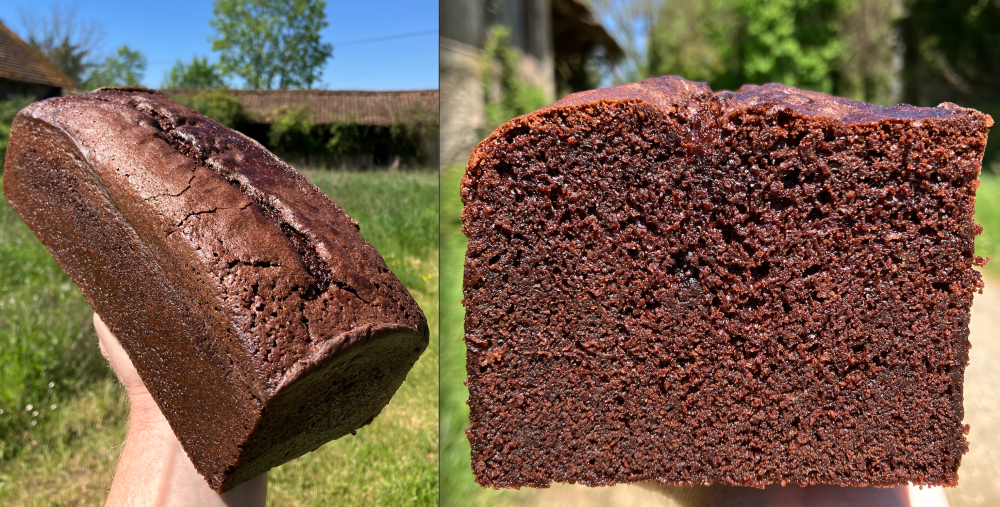

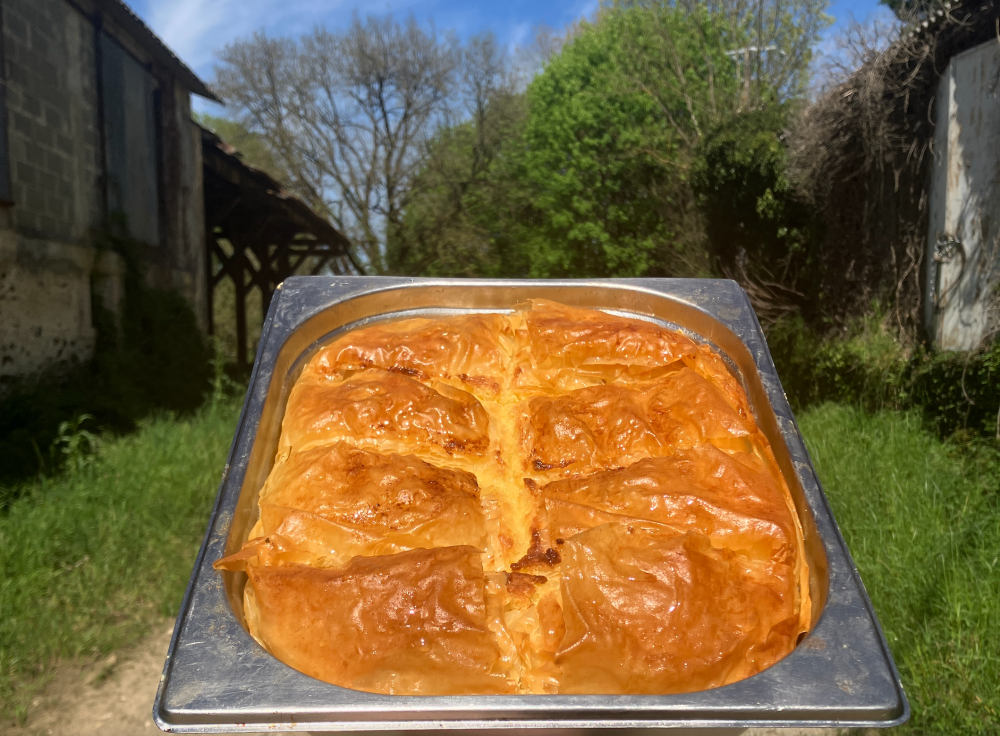
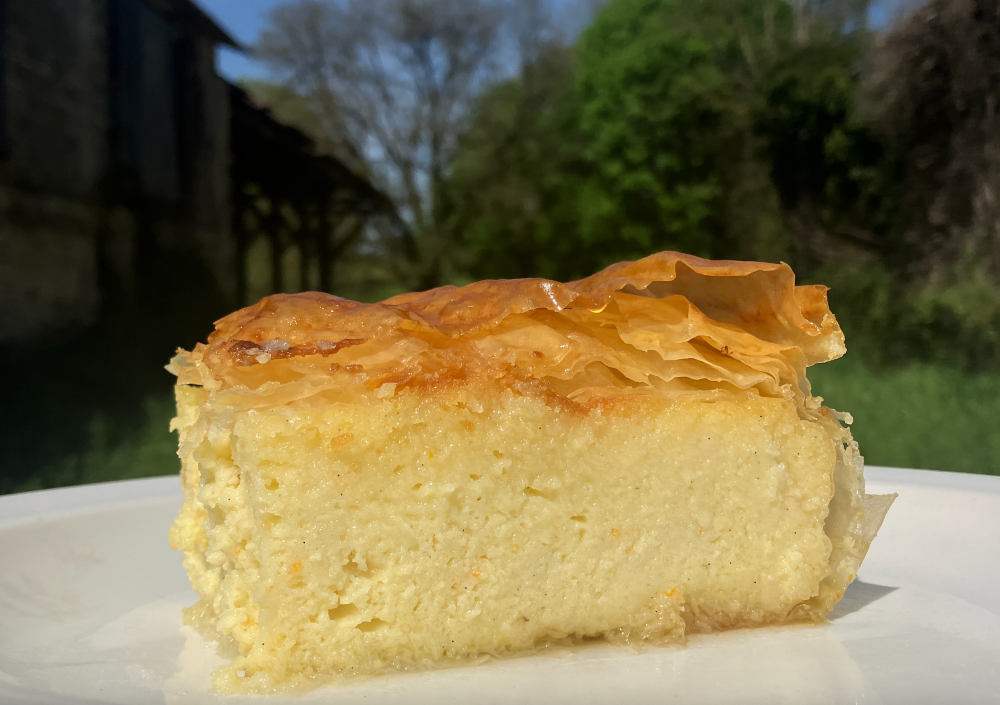
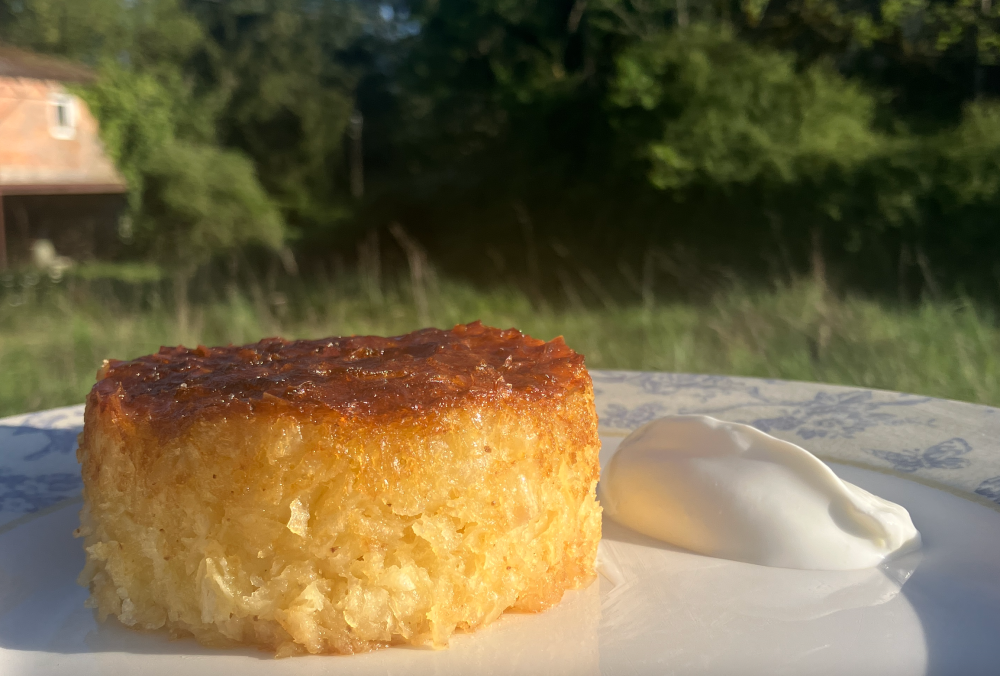
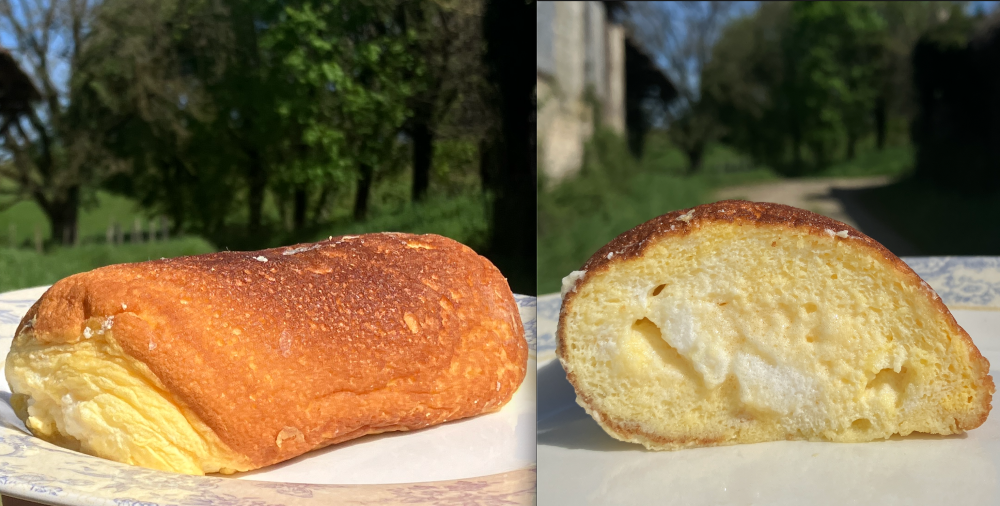

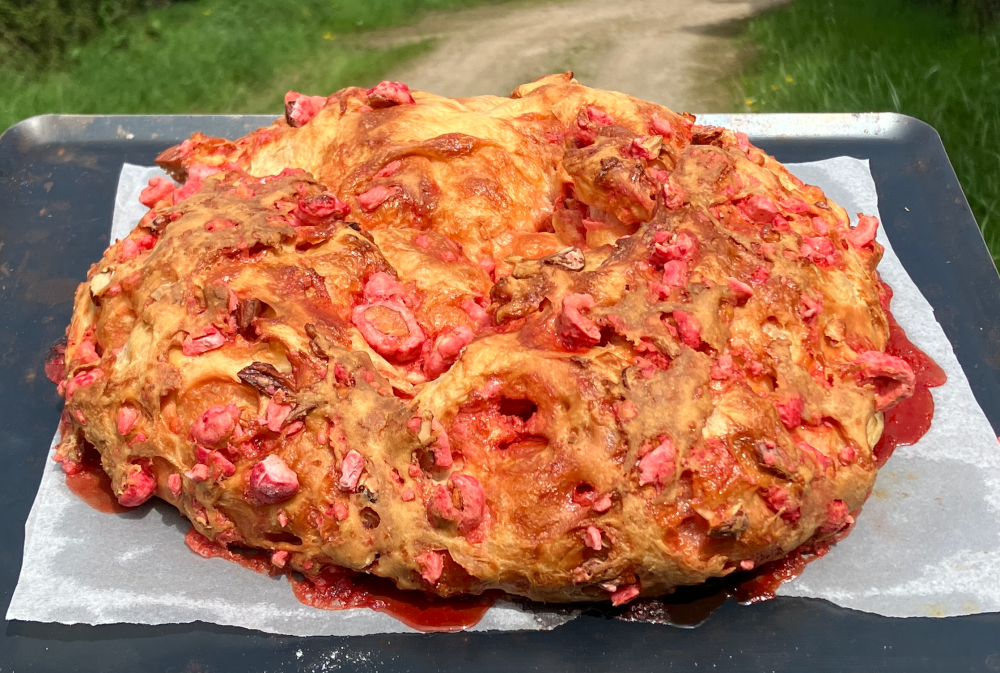
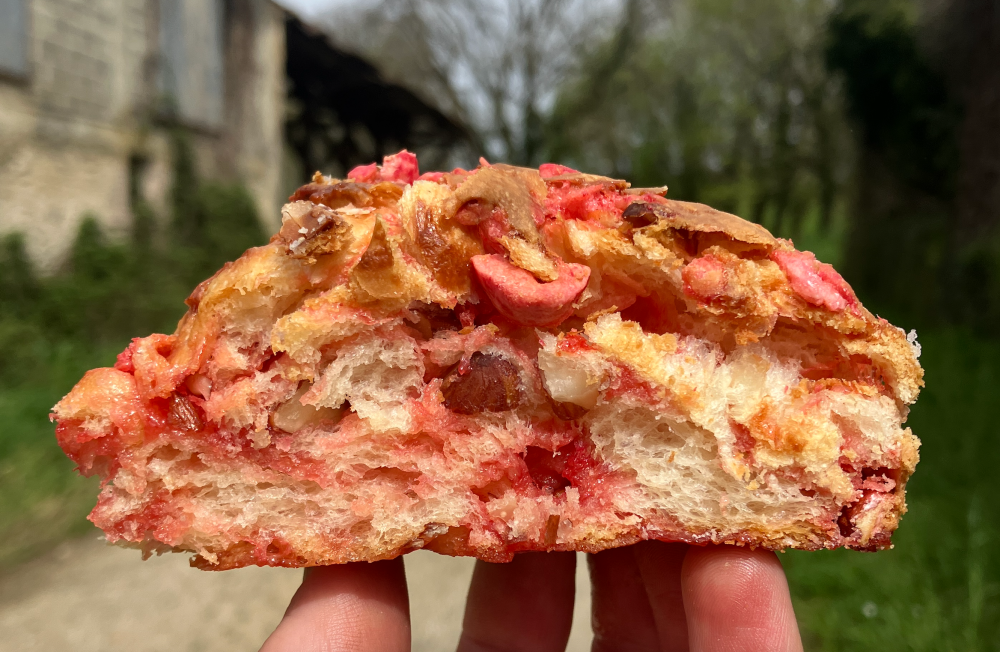
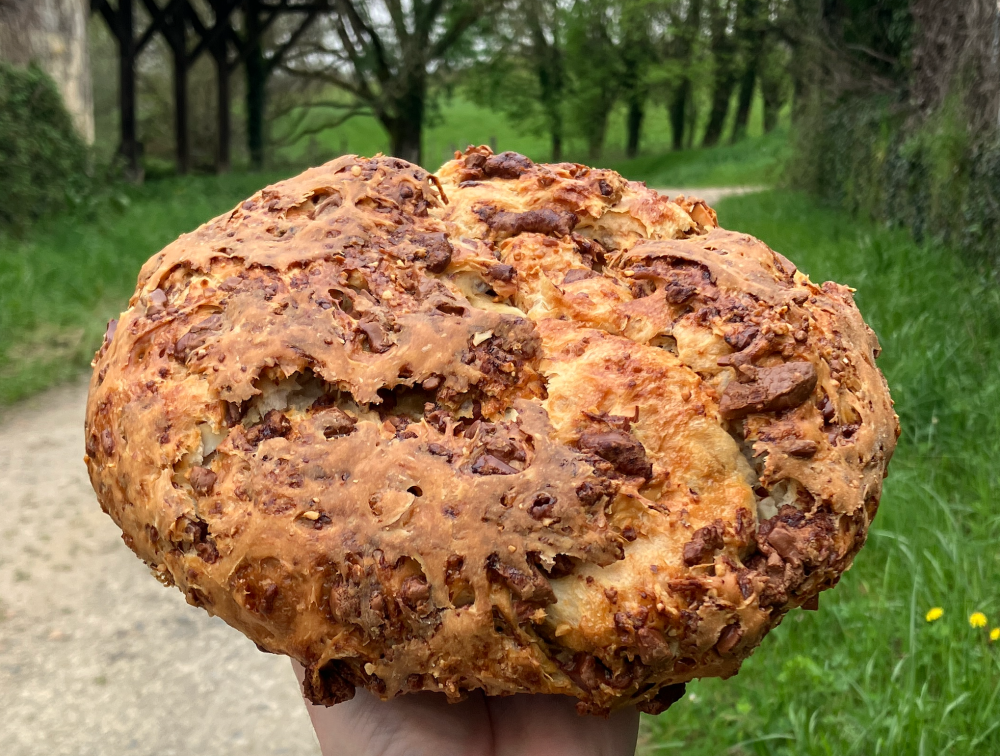
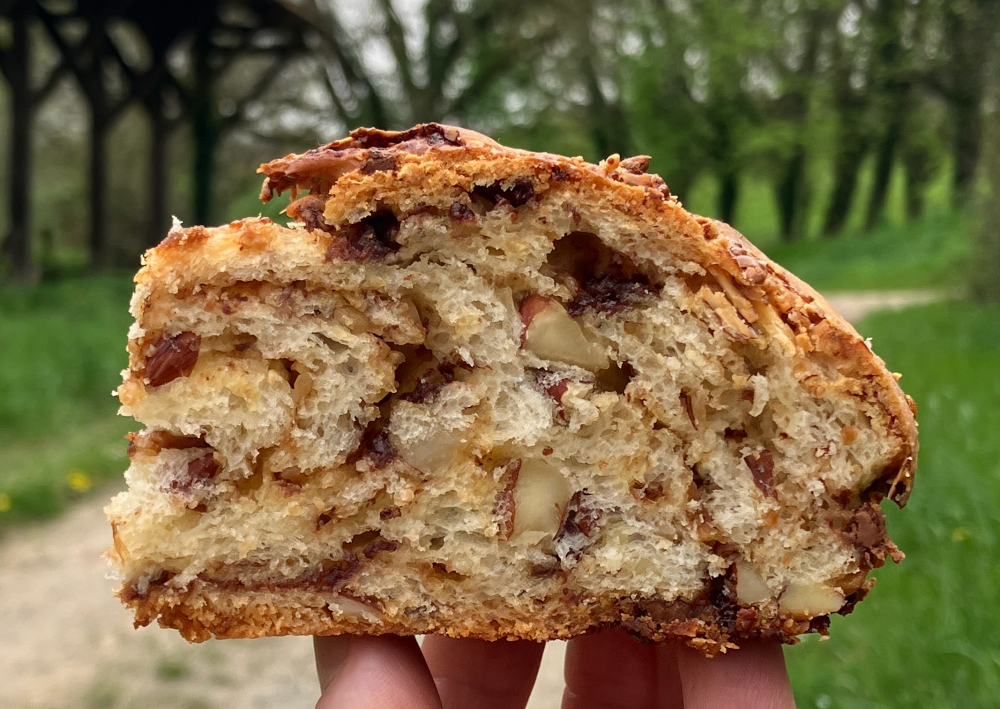
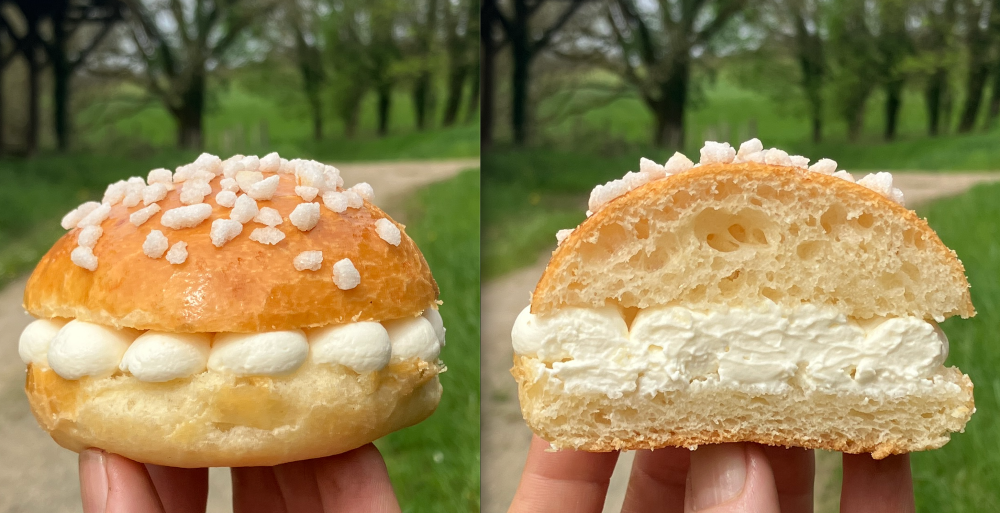
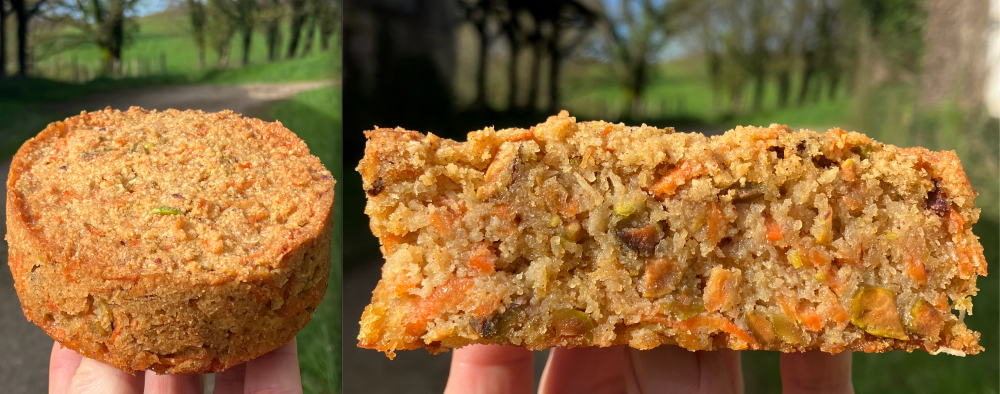
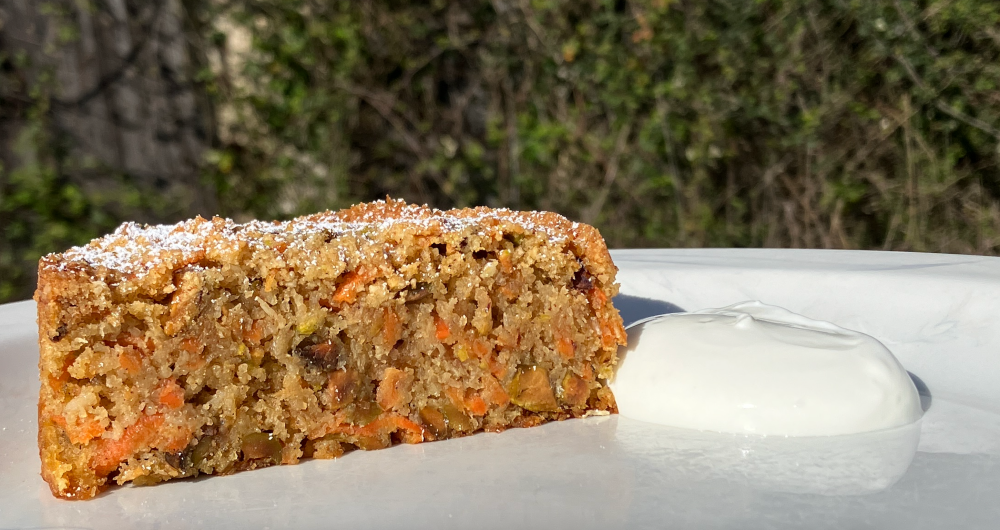
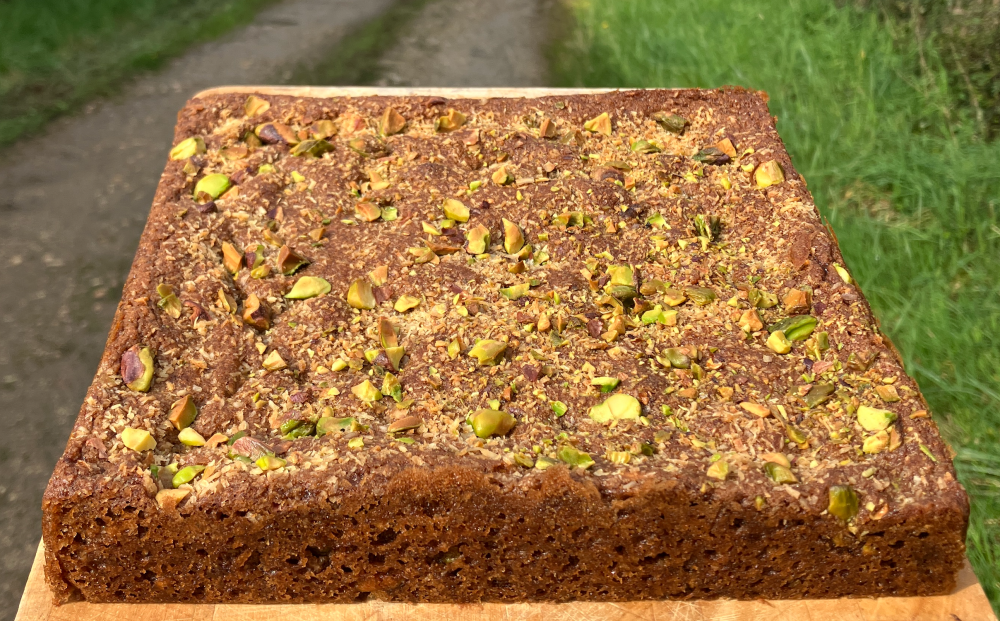
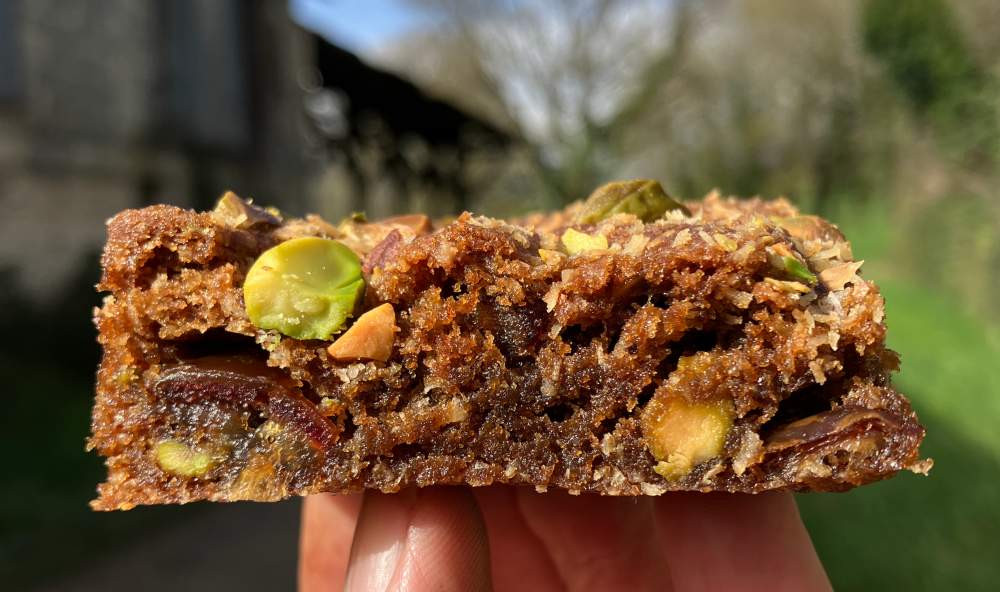
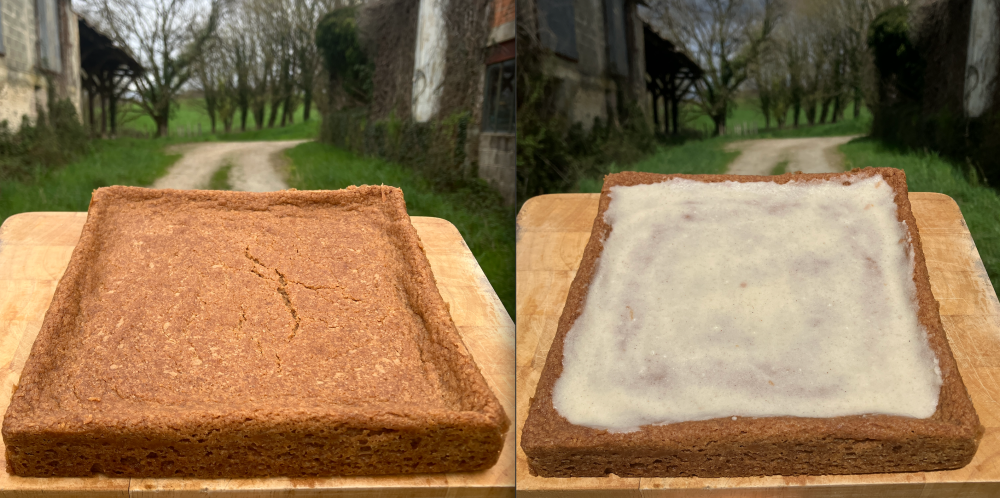
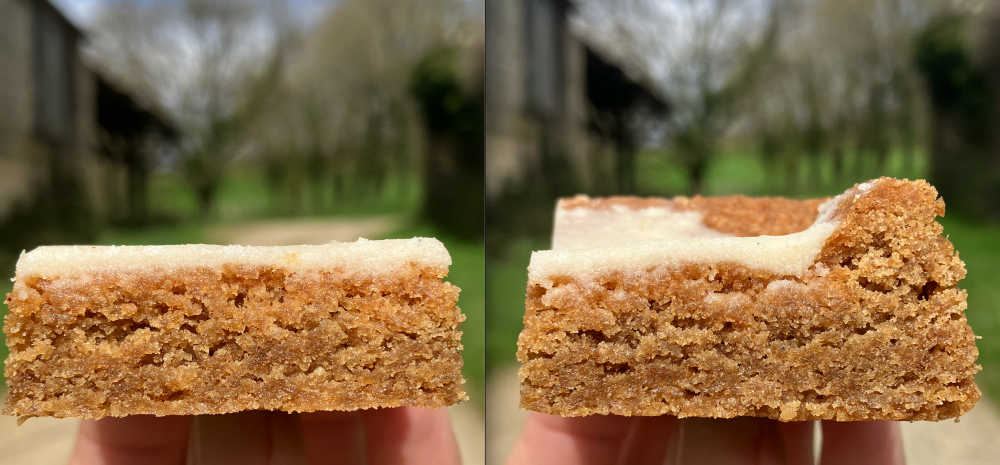
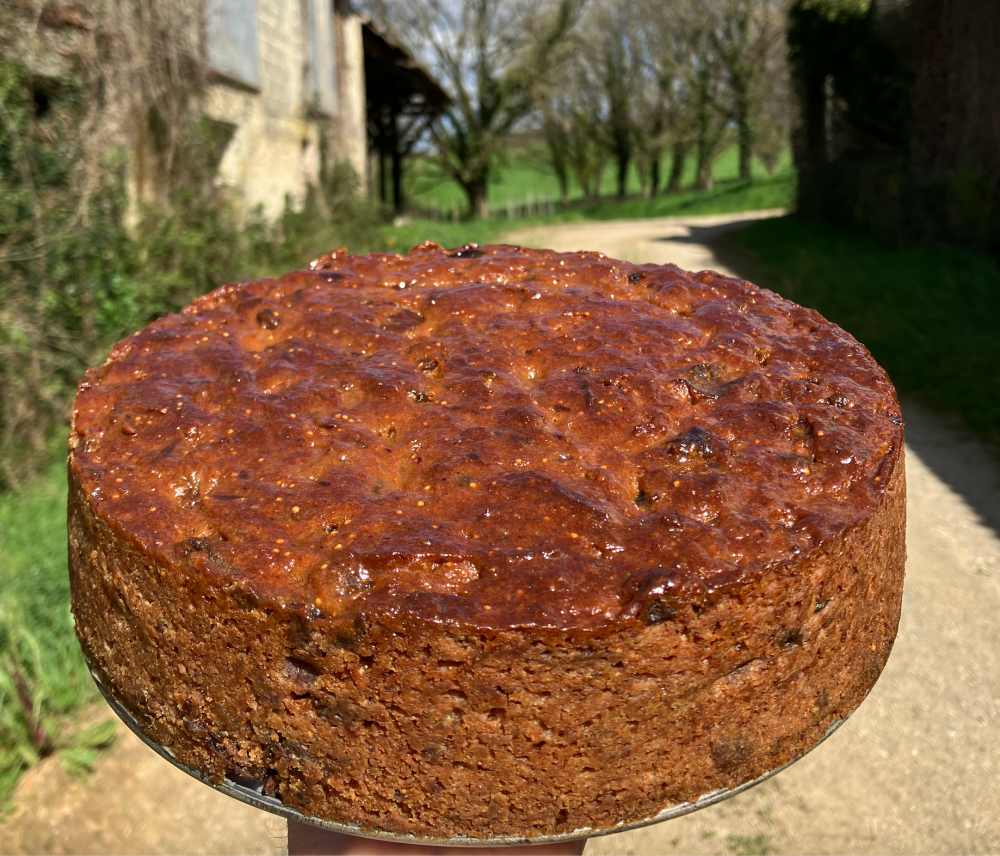
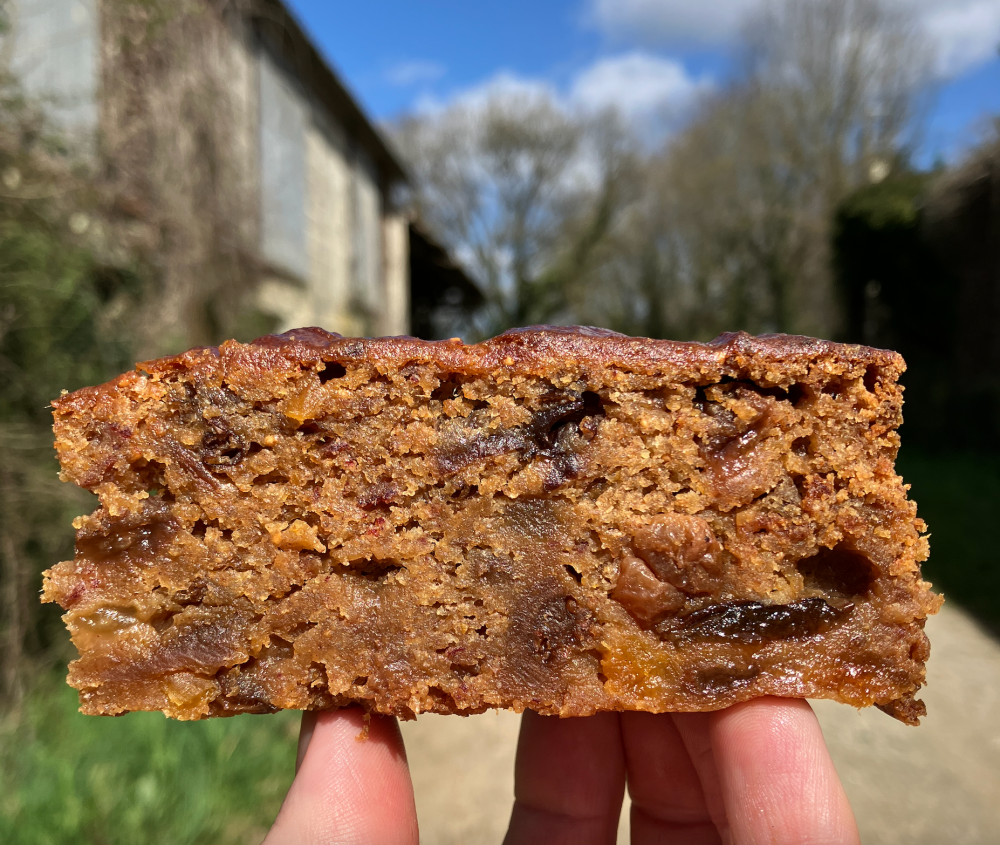
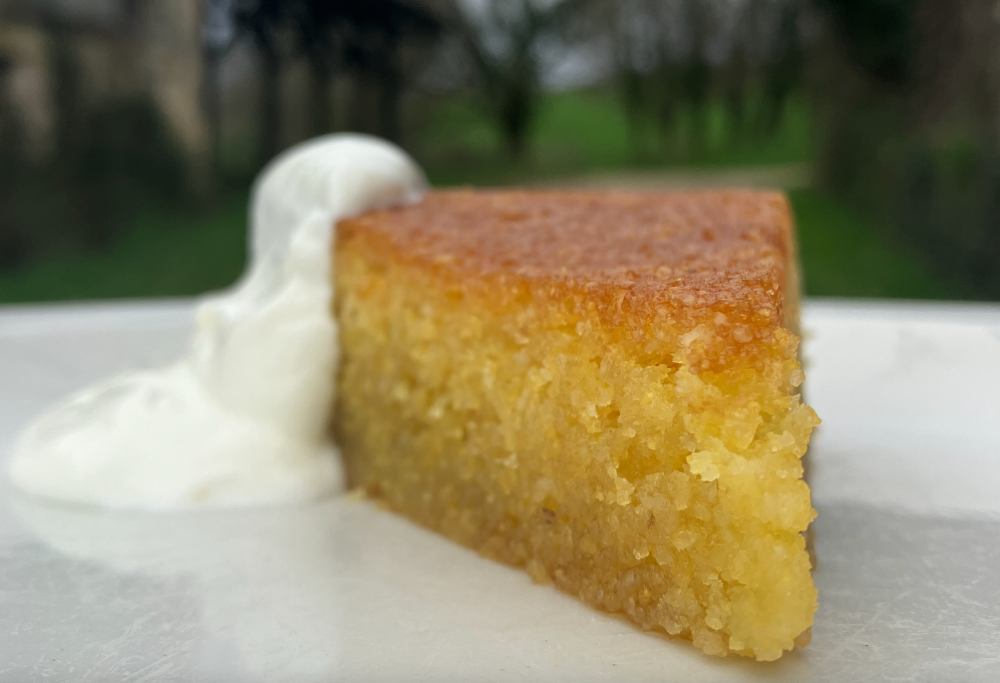
.thumb.png.208d616d666469a03e8ef5b03e745a10.png)
.thumb.png.3384214d6fd425e9b0957cae216bc574.png)
